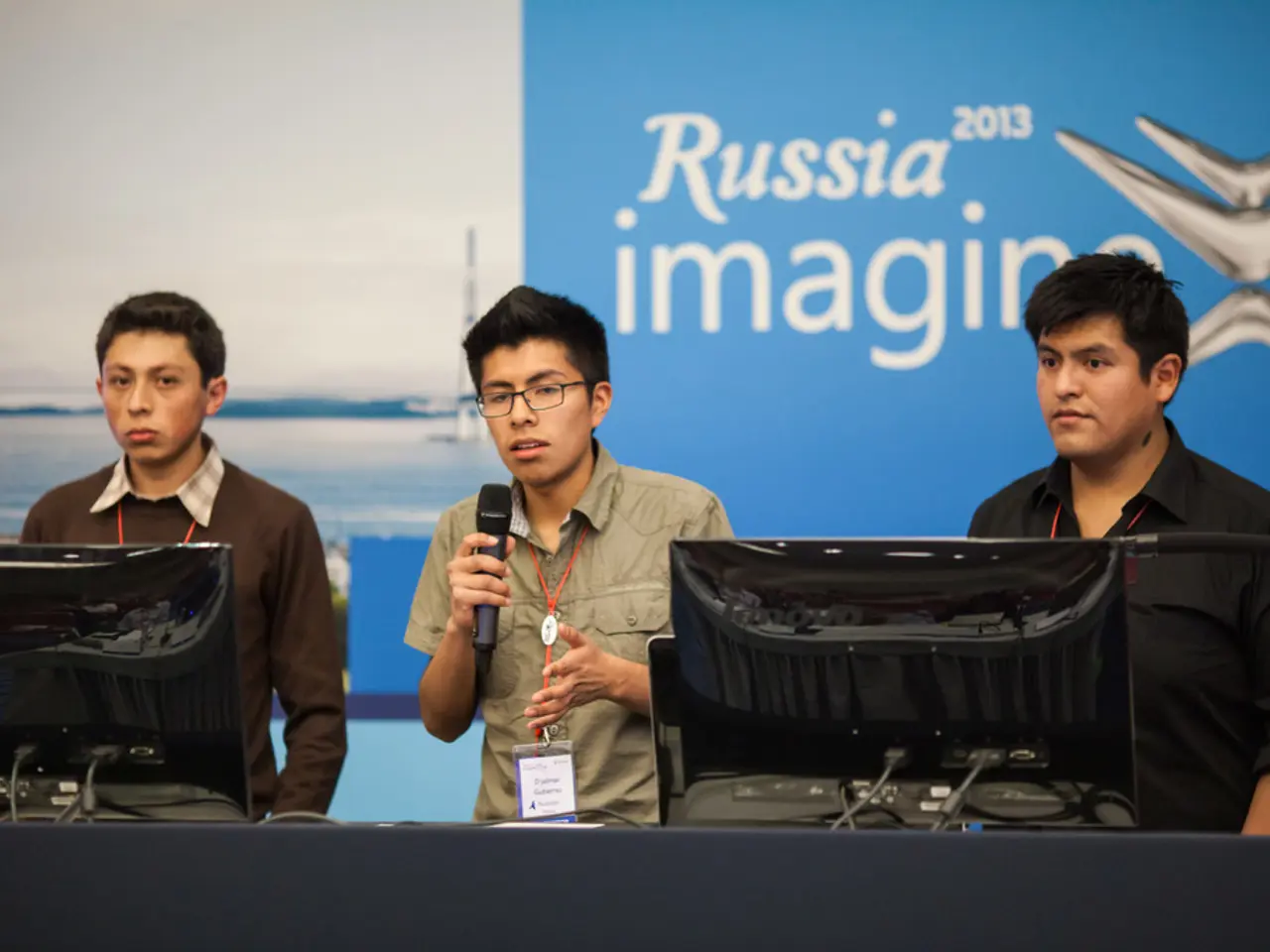Russia and Brazil agree to intensify collaboration, spurred by American sanctions
The current status of financial and economic cooperation between Russia and Brazil is marked by a recently signed memorandum of understanding (MoU) in August 2023, establishing a regular bilateral economic and financial dialogue. This agreement aims to coordinate macroeconomic policy, tax cooperation, infrastructure financing, and multilateral collaboration within BRICS and G20 frameworks.
Despite threats from the United States to impose secondary sanctions and additional customs duties on countries maintaining trade relations with Russia, both Russia and Brazil have committed to strengthening expert-level contacts, technical information exchange, and high-level commission interactions to deepen this partnership.
Potential impacts of this cooperation include enhanced strategic economic ties between the two countries. Brazil, the largest buyer of Russian diesel, is pursuing cooperation not only in finance and economics but also in culture, science, technology, defense, and space research as part of this broadened partnership. The MoU supports aligning efforts in international fora, such as BRICS and G20, reinforcing multilateral financial cooperation and signaling resistance to external pressure from the US.
From an economic perspective, Brazil’s economy is projected to grow at 2.3% in 2023 and remains an important growth driver within BRICS, while Russia faces a slowdown to 0.9% growth due to trade restrictions and fiscal adjustments. Strengthened Brazil-Russia cooperation may help both mitigate some external economic pressures by deepening ties among emerging economies and leveraging multilateral platforms.
Brazil’s leadership within BRICS and G20 is also focused on climate diplomacy and broader economic reforms, positioning the bloc for increased influence in global economic governance, which could amplify strategic economic cooperation with Russia amid geopolitical trade challenges.
In summary, Russia and Brazil have formally expanded their financial and economic cooperation through a structured bilateral dialogue amid US pressures. This cooperation has implications for greater multilateral alignment, infrastructure development, and diversification of trade and investment partnerships within the BRICS framework and beyond.
References:
[1] Russian and Brazilian finance ministries sign cooperation memorandum. (2023). [link]
[2] Russia-Brazil trade turnover reaches $5.8 billion in first half of 2023. (2023). [link]
[3] Brazil and Russia aim to strengthen cooperation in various sectors. (2023). [link]
[4] Brazil's economy projected to grow at 2.3% in 2023. (2023). [link]
[5] Brazil's leadership in BRICS and G20 focuses on climate diplomacy and economic reforms. (2023). [link]
- This fresh round of cooperation between Russia and Brazil in finance, business, and economics, as formalized by the recently signed MoU, extends beyond their economic relations and includes sectors such as culture, science, technology, defense, and space research.
- Politics also comes into play with the cooperation between Russia and Brazil, as their partnership aligns efforts in international fora like BRICS and G20, reinforcing multilateral financial cooperation and signaling resistance to external pressure from the US.
- Amidst geopolitical trade challenges, the strengthened partnership between Russia and Brazil has potential implications for general-news topics like climate diplomacy and broader economic reforms, positioning the countries for increased influence in global economic governance.




